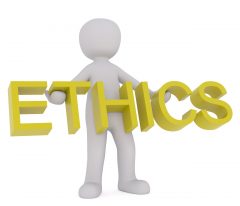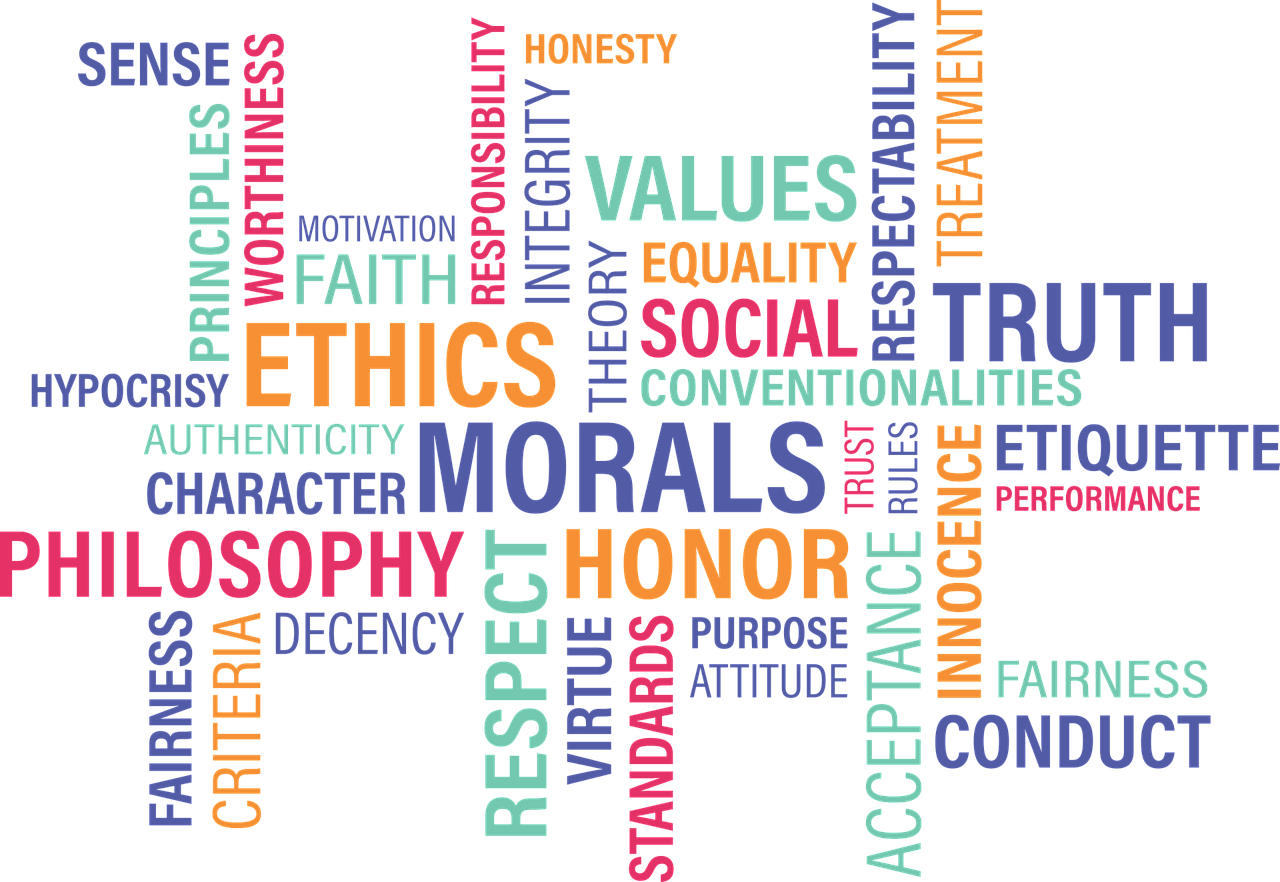 by Ash Coutu, CFICE Communications Research Assistant
by Ash Coutu, CFICE Communications Research Assistant
You’ve probably heard the term “research ethics” before, especially if you’ve been involved in community-campus partnerships. But do you know what it’s all about?
While the faculty member involved in a research partnership is ultimately responsible for submitting an ethics application for review, all partners should understand what research ethics is about and why it matters. This quick guide is intended to demystify research ethics for you!
What is meant by ‘research ethics’?
Since research frequently steps into uncharted territory, it can present certain risks for those involved.
Research ethics are a set of policies that equip researchers with principles to help navigate ethical issues that arise in their research work.
By having policies in place to protect those involved, we are able to take into consideration both the rights of the research participants and the benefit of the research itself.
Canadian universities must follow the guidelines outlined by the Tri Council Policy Statement: Ethical Conduct for Research Involving Humans.
Why is a research ethics clearance necessary?
A research ethics clearance is a requirement if you want to engage in research. You have to do it! However, the significance goes beyond the mundane task of filling out paperwork. A research ethics clearance:
Keeps everyone safe and respected
From a social justice perspective, a pre-determined code of ethics will ensure that the rights of all individuals involved in the research are intact.
Helps you get funding
Grant applications require ethics approval certificates. In most cases funding will not be released until the ethics approvals are in place.
Ensures potentially difficult conversations are had early on
Learning from existing confidentiality agreements, consent forms, and previously established codes of ethics in your area of research will provide you with tools to build on. This can help you avoid potential conflicts among research partners down the road.
Gets you published
When reporting and publishing the results of your research, future publications may require proof that you meet ethical principles.
Who needs research ethics clearance?
Regardless of whether the researcher is a student, faculty member or adjunct, all researchers affiliated with a Canadian University must obtain an ethics clearance when working with human participants, including data about them.
According to Carleton University, all research proposals must be cleared by the appropriate Research Ethics Board (REB) before the work can be carried out.
Examples of research methods that require ethics clearance include:
- Interviews
- Focus Groups
- Surveys
Where does ‘Research Ethics’ apply?
All research conducted anywhere, including at the following places, must be approved by the appropriate REB:
- Carleton University
- Off-Campus
- Businesses
- Hospitals
- Prisons
- Schools
- A location approved by another academic institution
Some of these locations, such as hospitals, prisons or schools, may have their own research ethics boards that must also clear proposals before the research can begin.
There are two Research Ethics Boards at Carleton who oversee all of the research ethics applications.
CUREB-A
This Board reviews all ethics applications where the lead Carleton University researcher is in the:
- Faculty of Public Affairs
- Sprott School of Business, or
- Faculty of Arts and Social Sciences.
CUREB-B
This Board reviews research ethics applications where the lead Carleton University researcher is in the:
- Faculty of Engineering and Design
- Faculty of Science
- Department of Psychology, or
- Institute of Cognitive Science.
How do I prepare for getting research ethics clearance?
The actual ethics application is normally submitted by the faculty member overseeing a research project or supervising a student’s research project. To understand more about research ethics and the applications that will need to be submitted, check out:
- Durham University’s how-to guide for preparing and planning joint research.
- Apply for an Ethics Application: How to submit an ethics application?
- Get to know Carleton’s Policy on Conduct of Research
Additional Resources
If you have any addition questions, check out the great resources on Carleton’s Human Research Ethics FAQ page or contact the Carleton Research Office at ethics@carleton.ca.


